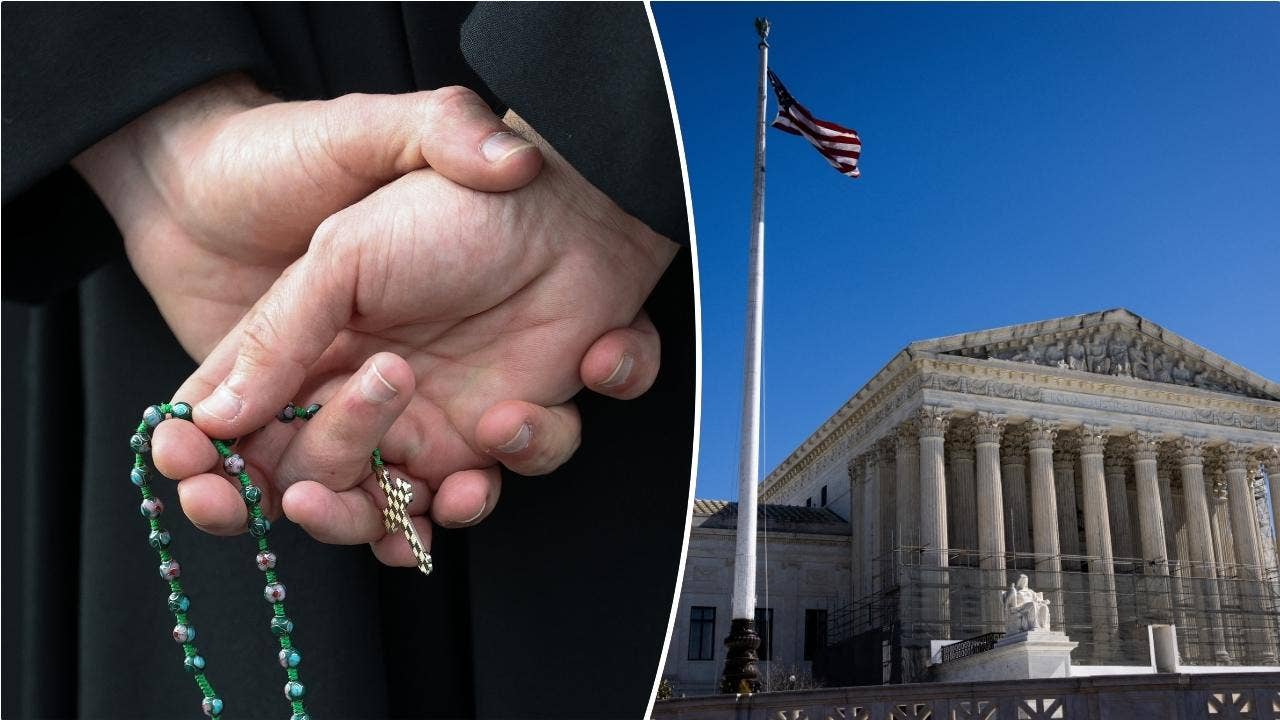SCOTUS rulings this term could strengthen religious rights protections: expert

The U.S. Supreme Court is currently hearing three major religious rights cases this spring, with the potential to further clarify the scope of the free exercise clause in protecting religious Americans from government interference. Thomas More Society attorney Michael McHale expressed his views on the significance of these cases, stating that they address lingering questions and pressing issues across the country.
McHale emphasized the importance of the cases in establishing the principle that individuals acting on sincerely held religious beliefs should be protected under the First Amendment. He noted that the government must demonstrate a compelling reason to override such beliefs, highlighting the need for a balance between religious freedom and government interests.
The first case heard by the Supreme Court involves a Wisconsin-based Catholic charity group seeking tax relief that could impact eligibility requirements for religious tax exemptions. The central issue revolves around whether the organization qualifies for a religious tax exemption based on its primary operational focus. McHale compared this case to previous disputes, such as the HHS contraceptive mandate, which raised similar questions about government interference in religious organizations.
The other two cases focus on school choice, including parental rights to excuse children from LGBTQ-themed materials and the establishment of a Catholic online school as the first religious charter school in the U.S. These cases reflect ongoing debates surrounding religious freedoms in educational settings and the boundaries of government intervention.
McHale highlighted the importance of these cases in addressing current challenges related to gender ideology in schools and the potential impact of recent executive orders aimed at protecting religious rights. He expressed optimism that these developments could alleviate some of the burdens faced by individuals and organizations when navigating conflicts between religious beliefs and government policies.
Overall, the Supreme Court’s rulings in these cases are expected to provide clarity on the protection of religious rights and the balance between individual beliefs and governmental interests. As the court deliberates on these complex issues, the outcome will have far-reaching implications for religious freedom in the United States.




